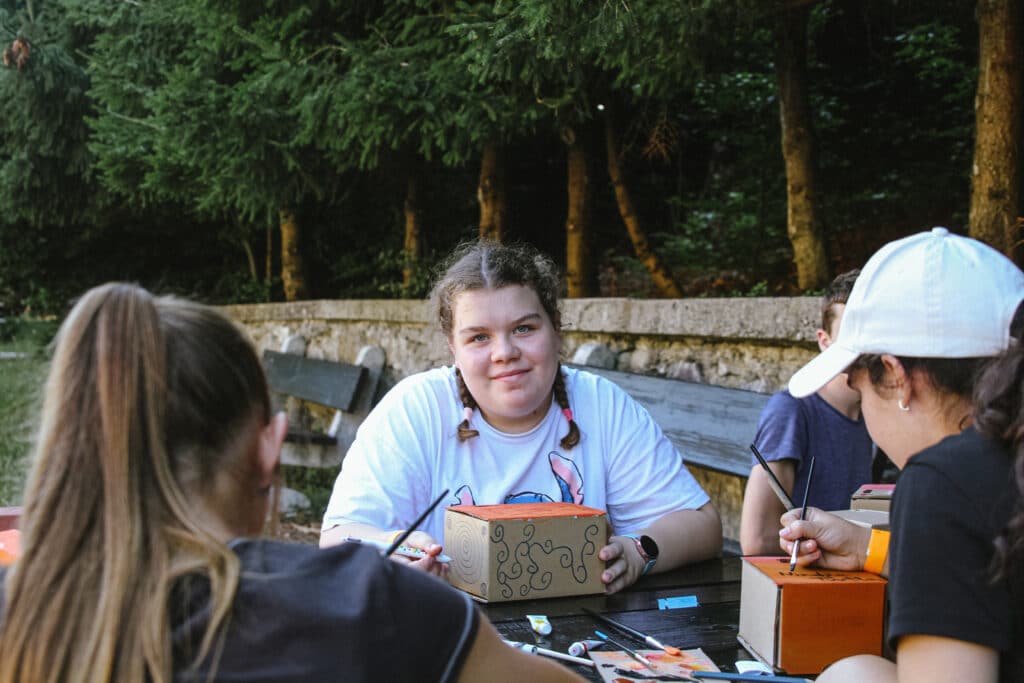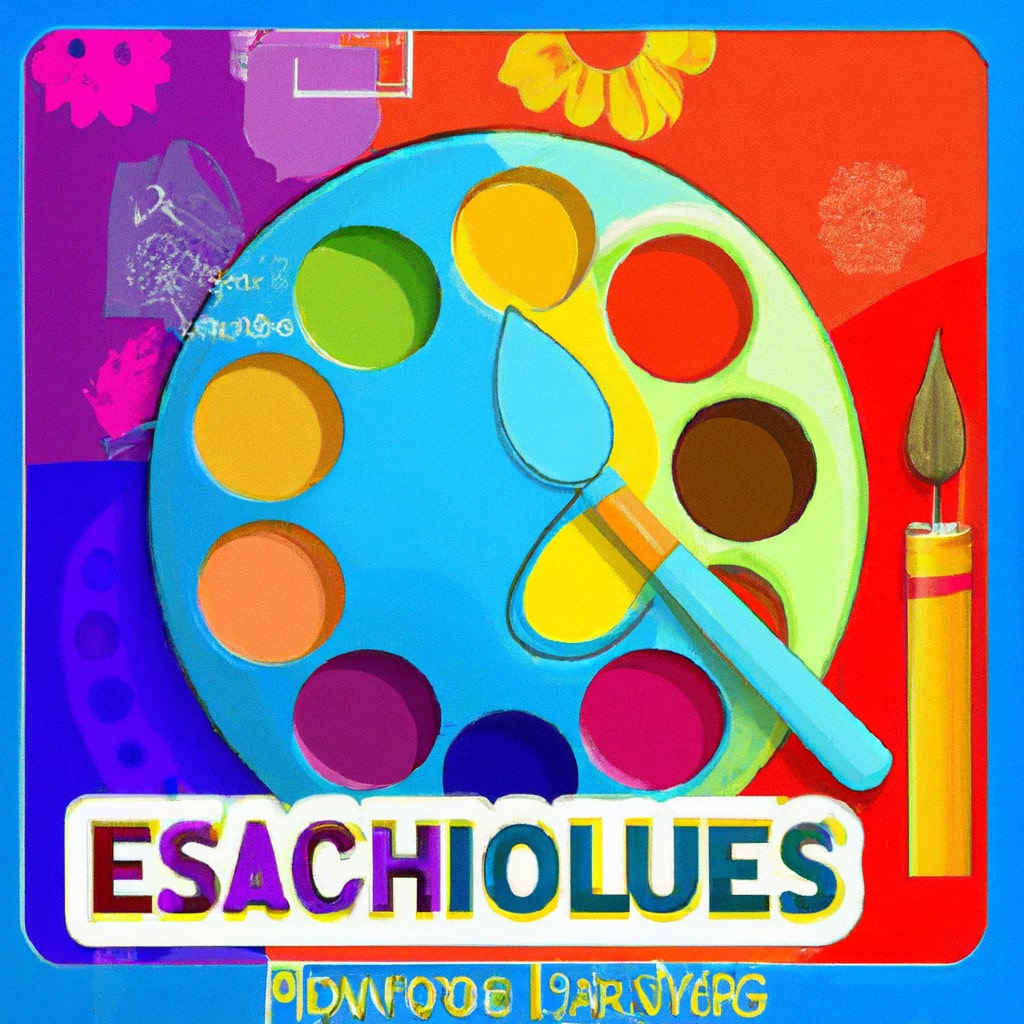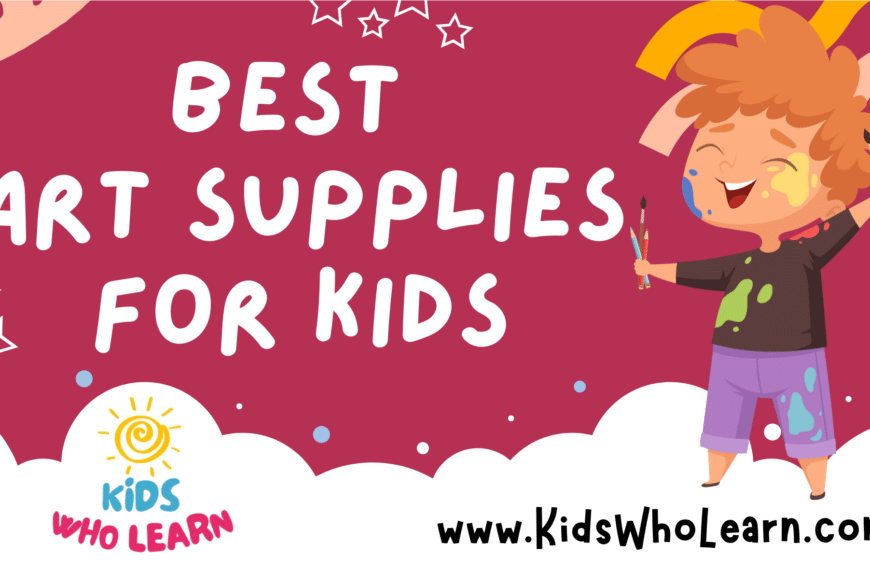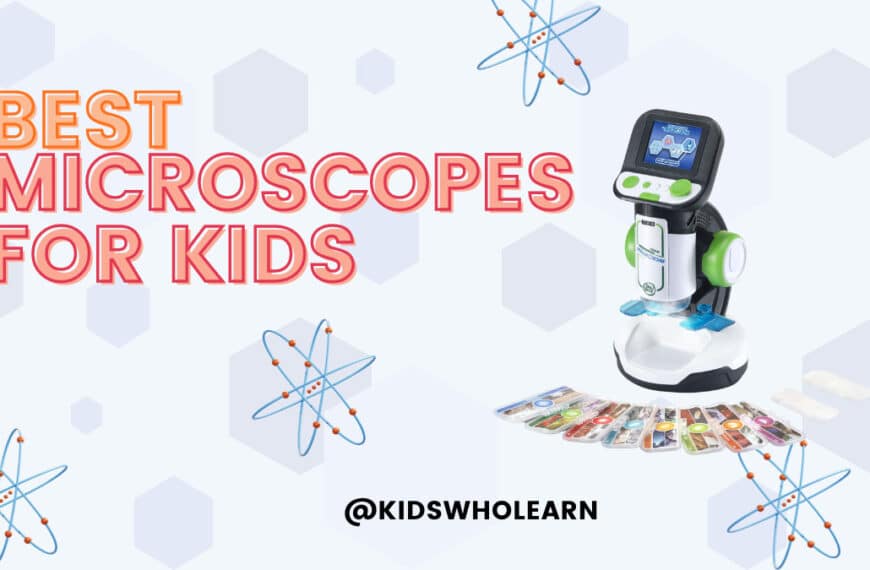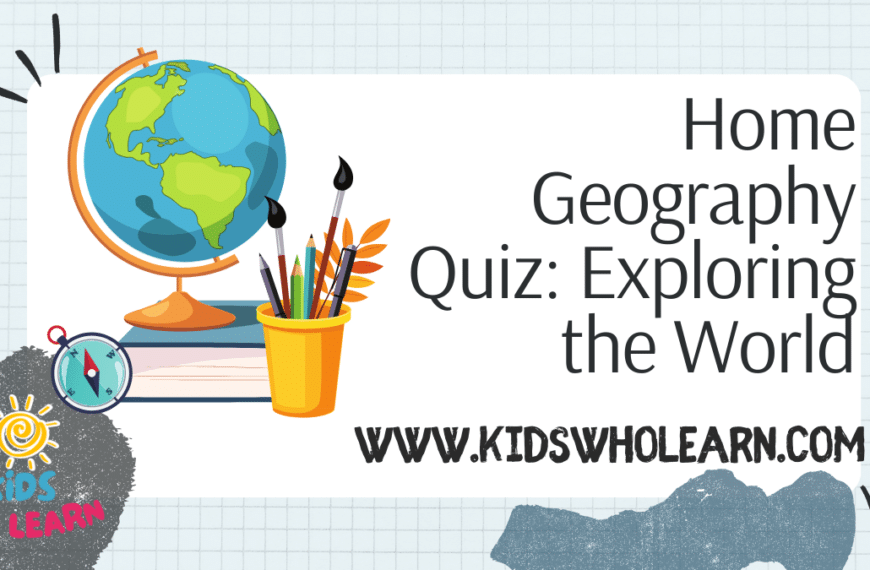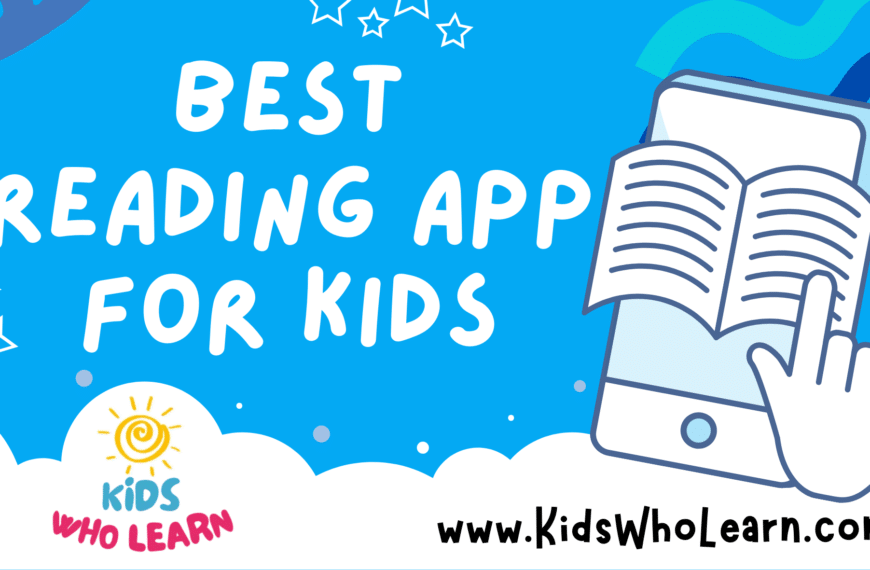Have you ever wondered about the colors associated with different school subjects? In this article, we will explore the fascinating concept of assigning colors to various subjects you study at school. From math to English, science to history, each subject has its own unique color that can affect our perception and engagement with the material. Get ready to see your school subjects in a whole new light as we explore the vibrant world of color and education.
Language Arts
Language Arts encompasses a variety of skills and concepts that are essential for effective communication and understanding. In the realm of reading, you will explore different genres, analyze texts, and develop critical thinking skills. Whether you’re diving into a classic novel or dissecting a newspaper article, reading opens up a world of knowledge and imagination.
Writing, on the other hand, allows you to express your thoughts, ideas, and experiences. From crafting persuasive essays to composing poetry, writing is a powerful tool that enables you to communicate effectively. You’ll learn about different writing styles, grammar rules, and how to structure your writing to engage and captivate your audience.
Grammar plays a crucial role in language arts by providing the rules and conventions that enable effective communication. Understanding grammar allows you to construct clear and cohesive sentences, avoiding common errors and enhancing your overall writing skills. By studying the rules of grammar, you will develop a strong foundation that will serve you well in your academic and professional endeavors.
Expanding your vocabulary is another important aspect of language arts. By learning new words, you not only enhance your ability to express yourself but also improve your comprehension of texts. With a wide-ranging vocabulary, you can communicate more precisely and effectively, making your writing and speaking more engaging and impactful.
Lastly, literature introduces you to a diverse range of works written by renowned authors from different time periods and cultures. From Shakespeare to Toni Morrison, literature exposes you to a world of thoughts, emotions, and perspectives. By studying literature, you’ll gain insights into the human experience, develop empathy, and refine your analytical skills.
Mathematics
Mathematics is often considered an abstract and logical subject that helps you develop problem-solving skills and logical reasoning. Arithmetic forms the foundation of mathematics, teaching you basic operations like addition, subtraction, multiplication, and division. These skills provide a toolkit for everyday calculations and are essential for more advanced mathematics.
Algebra introduces you to the world of variables and equations, allowing you to analyze and solve problems using algebraic expressions. Through algebra, you’ll learn to represent real-world situations mathematically and find solutions using variables and equations.
Geometry focuses on the study of shapes, sizes, and properties of objects. You’ll explore concepts such as angles, lines, triangles, and circles, and learn how to apply geometric principles to solve problems in various contexts. Geometry helps you develop visual-spatial skills and enhances your understanding of the physical world.
Statistics is all about collecting, organizing, analyzing, and interpreting data. In an era of information overload, statistical skills are crucial for making informed decisions and identifying patterns and trends in data. From opinion polls to scientific studies, understanding statistics allows you to critically evaluate data and draw meaningful conclusions.
Calculus, the pinnacle of mathematics, deals with change and motion. It provides tools for analyzing and predicting rates of change and enables you to understand complex phenomena through differentiation and integration. Calculus plays a significant role in fields such as physics, engineering, and economics, where dynamic and evolving systems are encountered.
Science
Science is a fascinating subject that explores the natural world around us and seeks to answer fundamental questions about how things work. Biology is the study of living organisms, from tiny cells to complex ecosystems. Through biology, you’ll learn about the diversity of life, the functioning of the human body, and the interactions between organisms and their environment.
Chemistry delves into the composition, structure, properties, and changes of matter. From understanding the periodic table to conducting experiments, chemistry provides insights into the substances that make up our world and how they interact. It plays a vital role in fields such as medicine, agriculture, and environmental science.
Physics investigates the fundamental laws and principles that govern the behavior of matter and energy. From motion and forces to electricity and magnetism, physics unlocks the secrets of the universe and helps us understand phenomena that range from subatomic particles to the vast reaches of space.
Earth Science encompasses the study of our planet, including its geological composition, the atmosphere, weather patterns, and the interactions between land, water, and air. By studying Earth science, you’ll gain insights into natural disasters, climate change, and the intricate systems that shape our planet.
Astronomy takes you beyond Earth and explores the mysteries of the universe. From stars and galaxies to black holes and dark matter, astronomy unveils the wonders of the cosmos and raises questions about our place in the universe. It combines elements of physics, mathematics, and observation to unravel the secrets of the heavens.
Social Studies
Social Studies covers a wide range of subjects that explore the human experience, society, and the world in which we live. History allows us to understand the past, learn from it, and apply those lessons to the present and future. By studying historical events, you’ll gain insights into the causes, consequences, and patterns that have shaped our world.
Geography examines the physical and cultural characteristics of the Earth’s surface. From the distribution of landforms and climates to the impact of human activities on the planet, geography helps us understand the interconnected nature of our world. By studying geography, you’ll develop skills in map reading, spatial analysis, and global awareness.
Civics focuses on the rights, responsibilities, and governance of individuals and communities. By studying civics, you’ll gain an understanding of democracy, citizenship, and the functioning of government. It empowers you to actively participate in your communities and make informed decisions as responsible citizens.
Economics explores the production, consumption, and distribution of goods and services. By studying economics, you’ll learn about supply and demand, market systems, and the complexities of global trade. Economics provides insights into personal finance, the functioning of businesses, and the impact of economic policies on society.
Anthropology is the study of human societies, cultures, and their development. By exploring different societies and cultural practices, anthropology provides insights into the richness and diversity of human behavior. It fosters an appreciation for cultural differences, challenges stereotypes, and promotes understanding across various communities.
Foreign Languages
Learning a foreign language opens doors to new cultures, perspectives, and opportunities for communication. French is widely spoken around the world and is known for its elegance and romantic aura. By learning French, you’ll be able to appreciate French literature, cinema, and art, and communicate with millions of French speakers across the globe.
Spanish is spoken by millions of people in more than 20 countries, making it an incredibly valuable language to learn. From Spain to Latin America, Spanish enables you to immerse yourself in diverse cultures and connect with people from different parts of the world. Spanish is also one of the most widely spoken languages globally.
German, known for its precision and efficiency, is the native tongue of over 100 million people worldwide. By learning German, you’ll gain access to a significant portion of European culture and enhance your career prospects in industries such as engineering, technology, and finance.
Chinese, the most spoken language globally, offers a gateway to one of the oldest and most influential cultures in the world. By learning Chinese, you’ll be able to communicate with a vast population and gain insights into Chinese history, art, and philosophy. With China’s growing influence in the global economy, knowing Mandarin can be a valuable asset.
Japanese, a language rich in tradition and innovation, opens the door to a unique culture that has captivated the world. By learning Japanese, you’ll be able to appreciate Japanese art, literature, and film, and communicate with people in Japan. Japanese is also crucial for business opportunities in industries such as technology, gaming, and animation.
Physical Education
Physical Education is essential for promoting a healthy and active lifestyle. Gymnastics helps develop strength, flexibility, and body control, while also fostering a sense of discipline and determination. Through gymnastics, you’ll learn different moves and routines, building both physical and mental resilience.
Basketball is a popular team sport that combines skill, strategy, and teamwork. By playing basketball, you’ll develop dribbling, shooting, and passing skills while also improving your agility and coordination. Basketball not only provides a great workout but also teaches valuable lessons in communication and cooperation.
Soccer, also known as football in many parts of the world, is the most popular sport globally. Playing soccer enhances your cardiovascular fitness, builds endurance, and improves your coordination and decision-making skills. Soccer is a team sport that promotes camaraderie and sportsmanship, and offers opportunities for friendly competition.
Swimming is not only a recreational activity but also a life-saving skill. By learning to swim, you’ll gain confidence in the water, improve your cardiovascular fitness, and develop muscular strength and endurance. Whether it’s in a pool or open water, swimming provides a full-body workout and is a fantastic way to stay active.
Track and Field encompasses a range of athletic events, including sprinting, long-distance running, jumping, and throwing. By participating in track and field, you’ll develop speed, endurance, and explosive power. It also teaches discipline, perseverance, and the importance of goal-setting and self-improvement.
Fine Arts
Fine Arts encompass various forms of creative expression that stimulate the senses and evoke emotions. Painting allows you to explore different techniques, styles, and mediums to create visual art. Whether it’s using watercolors, oils, or acrylics, painting enables you to express your thoughts, feelings, and perspectives using color, form, and texture.
Sculpture involves shaping and manipulating materials such as clay, stone, or metal to create three-dimensional artwork. Sculpting allows you to explore different methods, from carving to modeling, and bring your ideas to life in a tangible form. It helps develop spatial awareness, attention to detail, and an understanding of form and structure.
Music is a universal language that transcends boundaries and connects people through sound and rhythm. By learning to play an instrument or sing, you’ll develop a deep appreciation for melody, harmony, and rhythm. Music enhances creativity, memory, and emotional expression, and fosters discipline and perseverance in practice.
Drama provides an opportunity to step into different roles and explore the world through performance. From acting in plays to improvisational exercises, drama builds confidence, self-expression, and empathy. It also develops skills in public speaking, teamwork, and critical thinking, helping you become a well-rounded individual.
Dance, a form of artistic expression through movement, combines physicality, rhythm, and emotion. Whether it’s ballet, hip-hop, or contemporary dance, learning to dance enables you to communicate and express yourself through your body. Dance fosters grace, coordination, and self-confidence, and offers a unique way to stay active and healthy.
Technology
Technology in today’s world is ever-evolving and plays a crucial role in various fields. Computer Science explores the foundations of computing and programming. By studying computer science, you’ll learn algorithms, problem-solving techniques, and programming languages, equipping you with the skills for software development and problem-solving in a digital world.
Information Technology focuses on the practical application of technology to support businesses and individuals. From managing networks and databases to troubleshooting technical issues, information technology professionals play a vital role in keeping systems running smoothly and securely. It provides a solid technical foundation for various careers in the IT industry.
Digital Design combines creativity and technology to create stunning visuals and user-friendly interfaces. Whether it’s designing websites, graphics, or animations, digital design skills are in high demand in industries such as advertising, marketing, and entertainment. By learning digital design, you’ll master tools and techniques to bring your ideas to life in a digital format.
Programming is the art of writing instructions for computers to perform specific tasks. By learning programming languages, you’ll be able to develop software, build websites, and create interactive applications. Programming fosters logical thinking, problem-solving abilities, and attention to detail, giving you the power to shape the digital world around us.
Robotics combines engineering, computer science, and technology to design and build robotic systems. By studying robotics, you’ll learn about mechanical design, programming, and automation. Robotics has applications in industries ranging from manufacturing to healthcare, and offers opportunities for innovation and solving complex real-world problems.
Health Education
Health Education is vital for promoting overall well-being and empowering individuals to make informed decisions about their health. Nutrition is the study of food and its impact on our bodies. By learning about nutrition, you’ll understand the importance of a balanced diet, how nutrients affect our health, and how to make healthy food choices.
Physical Fitness encompasses activities that improve cardiovascular health, muscular strength, and flexibility. By engaging in physical fitness exercises, such as cardiovascular workouts or weight training, you’ll enhance your fitness levels, reduce the risk of chronic diseases, and boost your overall well-being.
Mental Health focuses on understanding and nurturing our psychological well-being. Through mental health education, you’ll learn about strategies for stress management, self-care, and maintaining positive mental health. It promotes emotional awareness, empathy, and resilience, equipping you with the tools to navigate life’s challenges.
Personal Hygiene emphasizes the importance of maintaining cleanliness and taking care of our bodies. By practicing good personal hygiene, you’ll minimize the risk of infections, promote overall health, and maintain social well-being. Personal hygiene habits include regular handwashing, dental care, grooming, and cleanliness.
Sex Education provides comprehensive information about reproductive health, relationships, and responsible sexual behavior. By learning about sex education, you’ll gain the knowledge to make informed decisions, promote healthy interactions, and prevent unwanted pregnancies and sexually transmitted infections. It fosters a safe and inclusive environment for discussions related to sexuality.
Career and Technical Education
Career and Technical Education (CTE) offers practical skills and knowledge necessary for success in the workforce. Business education equips students with the essential skills for navigating the business world, such as entrepreneurship, marketing, finance, and management. It provides insights into the complexities of business operations and fosters critical thinking and problem-solving abilities.
Engineering education focuses on preparing students for careers in various engineering disciplines, such as civil, mechanical, or electrical engineering. By studying engineering, you’ll learn about the principles and techniques of designing and building structures, machines, and systems. It nurtures creativity, analytical thinking, and problem-solving skills.
Agriculture education explores the science and practices behind food production, agricultural sustainability, and environmental stewardship. By studying agriculture, you’ll gain insights into crop cultivation, animal husbandry, and natural resource management. It prepares students for agricultural careers and fosters awareness of the importance of sustainable food systems.
Hospitality education provides knowledge and skills to succeed in the hospitality and tourism industry. By studying hospitality, you’ll learn about customer service, event planning, hotel management, and the culinary arts. It prepares students for careers in the vibrant and diverse field of hospitality, which includes hotels, restaurants, tourism, and event management.
Automotive Technology education focuses on equipping students with the skills needed for careers in the automotive industry. By studying automotive technology, you’ll learn about vehicle mechanics, diagnostics, and repair. It provides hands-on experience with both traditional and emerging automotive technologies and prepares students for careers as automotive technicians or engineers.




